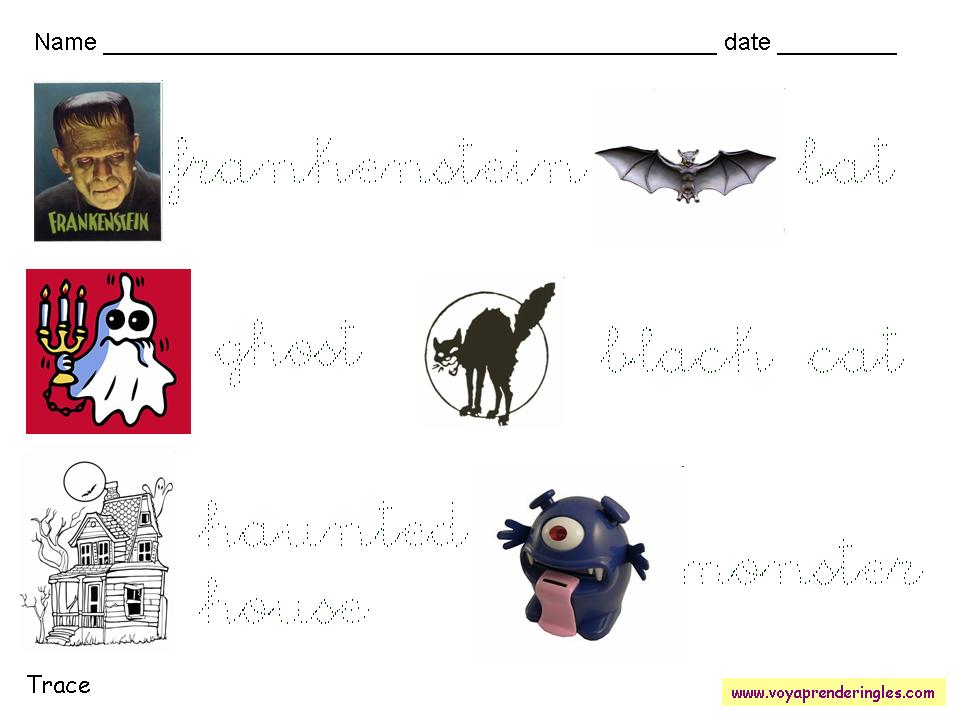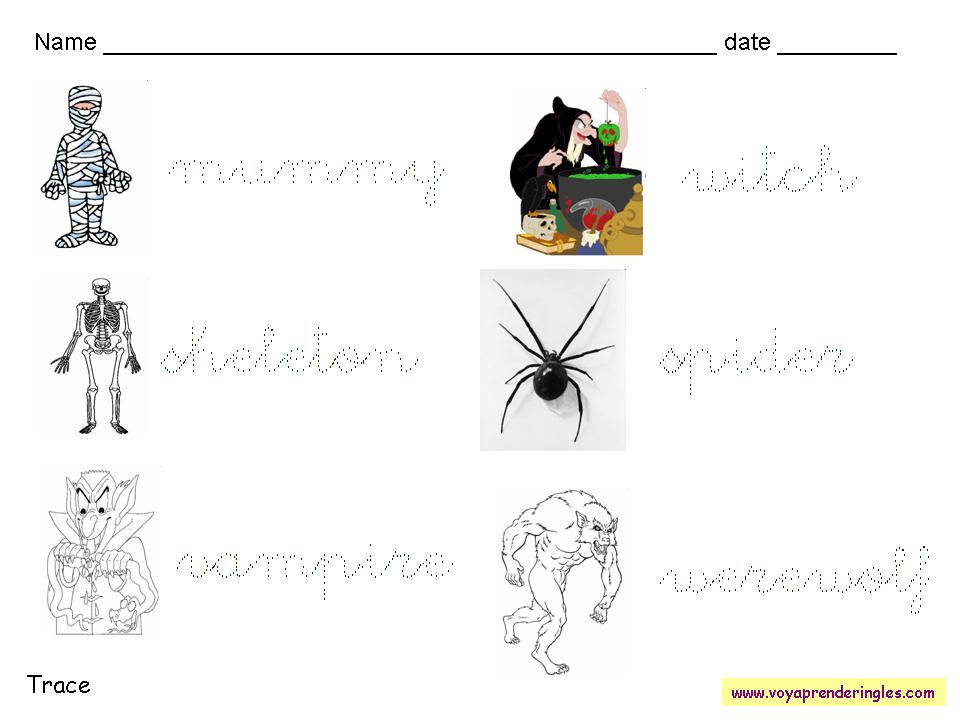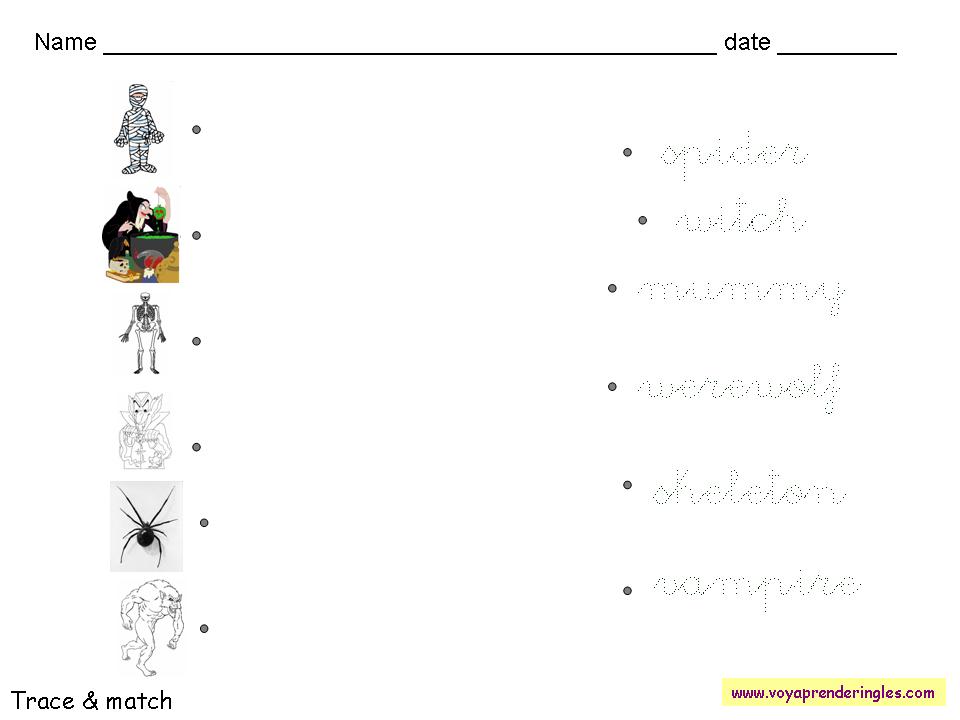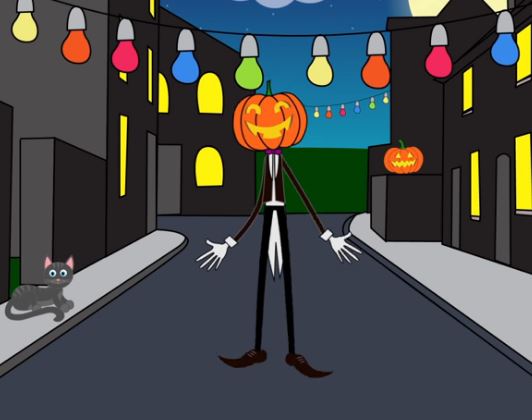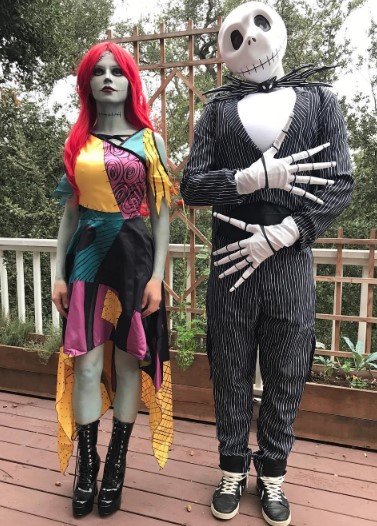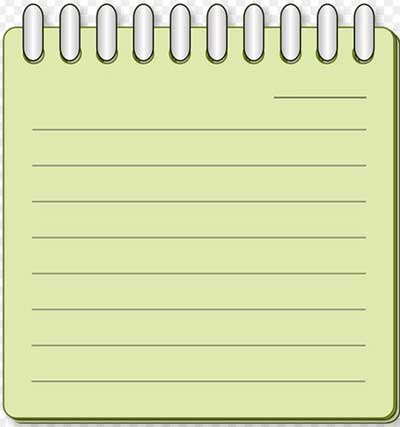
Recursos educativos en inglés. Textos en inglés, idóneos para dictados y traducciones. Ideal para aprender inglés, practicar vocabulario, pronunciación y mucho más, de una manera divertida.
The Eagle and the Arrow
An Eagle was soaring through the air when suddenly it heard the whizz of an Arrow, and felt itself wounded to death. Slowly it fluttered down to the earth, with its lifeblood pouring out of it. Looking down upon the Arrow with which it had been pierced, it found that the shaft of the Arrow had been feathered with one of its own plumes.‘Alas!’ it cried, as it died,
‘We often give our enemies the means for our own destruction.’
The Milkmaid and Her Pail
Patty the Milkmaid was going to market carrying her milk in a Pail on her head. As she went along she began calculating what she would do with the money she would get for the milk. ‘I’ll buy some fowls from Farmer Brown,’ said she, ‘and they will lay eggs each morning, which I will sell to the parson’s wife. With the money that I get from the sale of these eggs I’ll buy myself a new dimity frock and a chip hat; and when I go to market, won’t all the young men come up and speak to me! Polly Shaw will be that jealous; but I don’t care. I shall just look at her and toss my head like this. As she spoke she tossed her head back, the Pail fell off it, and all the milk was spilt. So she had to go home and tell her mother what had occurred.
‘Ah, my child,’ said the mother,
‘Do not count your chickens before they are hatched.’
The Cat-Maiden
The gods were once disputing whether it was possible for a living being to change its nature. Jupiter said ‘Yes,’ but Venus said ‘No.’ So, to try the question, Jupiter turned a Cat into a Maiden, and gave her to a young man for a wife. The wedding was duly performed and the young couple sat down to the wedding-feast. ‘See,’ said Jupiter, to Venus, ‘how becomingly she behaves. Who could tell that yesterday she was but a Cat? Surely her nature is changed?’
‘Wait a minute,’ replied Venus, and let loose a mouse into the room. No sooner did the bride see this than she jumped up from her seat and tried to pounce upon the mouse. ‘Ah, you see,’ said Venus,
‘Nature will out.’
The Horse and the Ass
A Horse and an Ass were travelling together, the Horse prancing along in its fine trappings, the Ass carrying with difficulty the heavy weight in its panniers. ‘I wish I were you,’ sighed the Ass; ‘nothing to do and well fed, and all that fine harness upon you.’ Next day, however, there was a great battle, and the Horse was wounded to death in the final charge of the day. His friend, the Ass, happened to pass by shortly afterwards and found him on the point of death. ‘I was wrong,’ said the Ass:
‘Better humble security than gilded danger.’
The Trumpeter Taken Prisoner
A Trumpeter during a battle ventured too near the enemy and was captured by them. They were about to proceed to put him to death when he begged them to hear his plea for mercy. ‘I do not fight,’ said he, ‘and indeed carry no weapon; I only blow this trumpet, and surely that cannot harm you; then why should you kill me?’
‘You may not fight yourself,’ said the others, ‘but you encourage and guide your men to the fight.’
Words may be deeds.
The Buffoon and the Countryman
At a country fair there was a Buffoon who made all the people laugh by imitating the cries of various animals. He finished off by squeaking so like a pig that the spectators thought that he had a porker concealed about him. But a Countryman who stood by said: ‘Call that a pig s squeak! Nothing like it. You give me till tomorrow and I will show you what it’s like.’ The audience laughed, but next day, sure enough, the Countryman appeared on the stage, and putting his head down squealed so hideously that the spectators hissed and threw stones at him to make him stop. ‘You fools!’ he cried, ‘see what you have been hissing,’ and held up a little pig whose ear he had been pinching to make him utter the squeals.
Men often applaud an imitation and hiss the real thing.
The Old Woman & the Wine-Jar
You must know that sometimes old women like a glass of wine. One of this sort once found a Wine-jar lying in the road, and eagerly went up to it hoping to find it full. But when she took it up she found that all the wine had been drunk out of it. Still she took a long sniff at the mouth of the Jar. ‘Ah,’ she cried,
‘What memories cling ‘round the instruments of our pleasure.’
The Fox and the Goat
By an unlucky chance a Fox fell into a deep well from which he could not get out. A Goat passed by shortly afterwards, and asked the Fox what he was doing down there.
‘Oh, have you not heard?’ said the Fox;‘there is going to be a great drought, so I jumped down here in order to be sure to have water by me. Why don’t you come down too?’
The Goat thought well of this advice, and jumped down into the well. But the Fox immediately jumped on her back, and by putting his foot on her long horns managed to jump up to the edge of the well. ‘Good-bye, friend,’ said the Fox,‘remember next time,
‘Never trust the advice of a man in difficulties.’
🔆 Otros textos para dictados en inglés
Adblock test (Why?)
